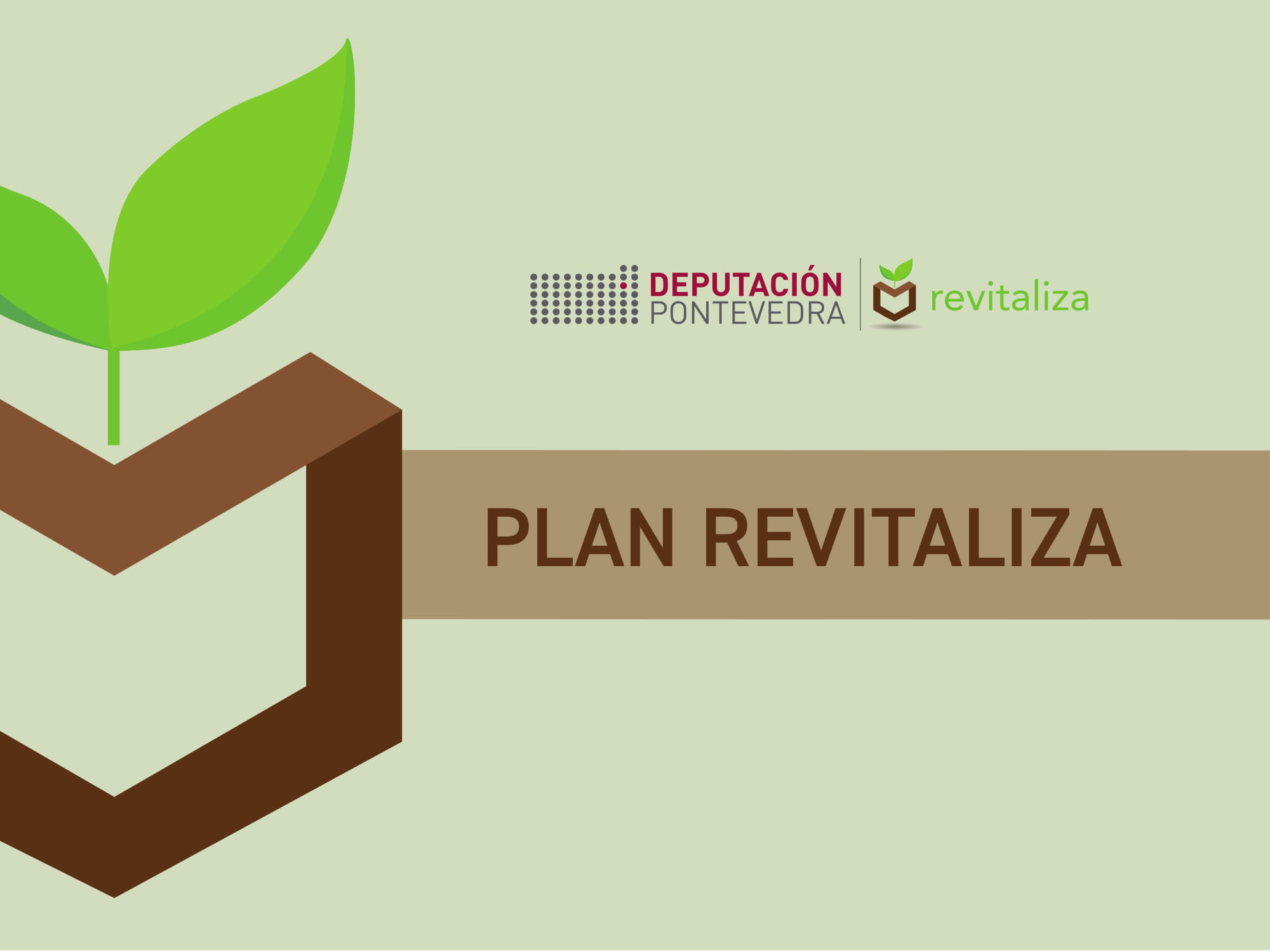Compost
What is it?
Compost is a natural fertilizer or soil amendment obtained from the degradation of food scraps and plant residues (bio-waste) mixed with dry, ligneous materials that act as bulking agents.
Properties of compost
Uses of compost
Compost has different uses depending on its level of maturity and the type of plant or crop it is intended for. The best seasons to apply it are spring and autumn because the soil is warmer and adding compost boosts microorganism activity and plant growth.
Fresh compost is the one that has gone through a short maturity period and contains material that has not been yet decomposed. It is used mainly as a protection against temperature and humidity changes, especially against frost. Moreover, it improves soil characteristics and prevents weed growth.
Mature compost can be identified by its earthy texture, dark colour, and forest-like smell. It is mainly used as a fertilizer for crops, gardens and house plants.



